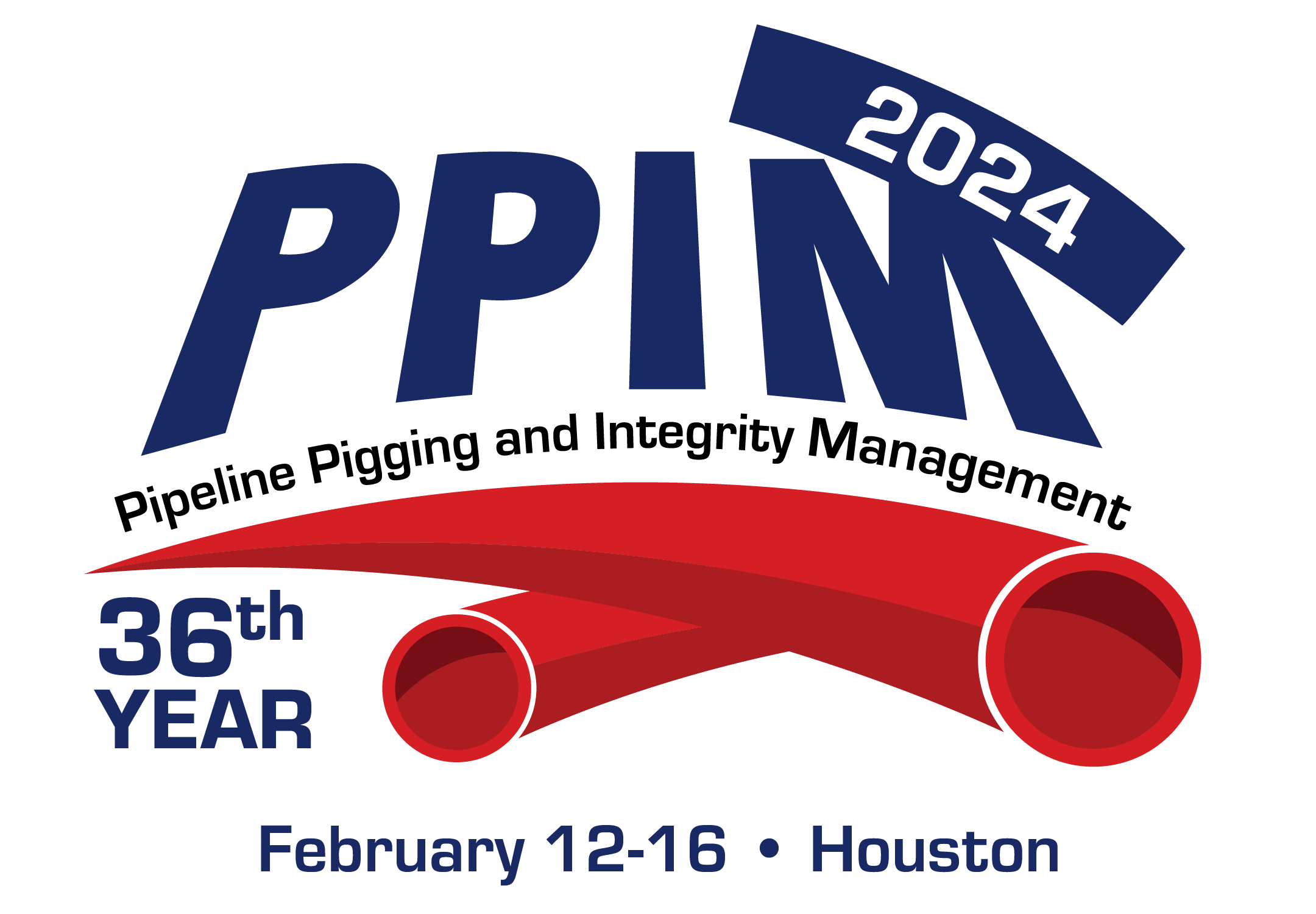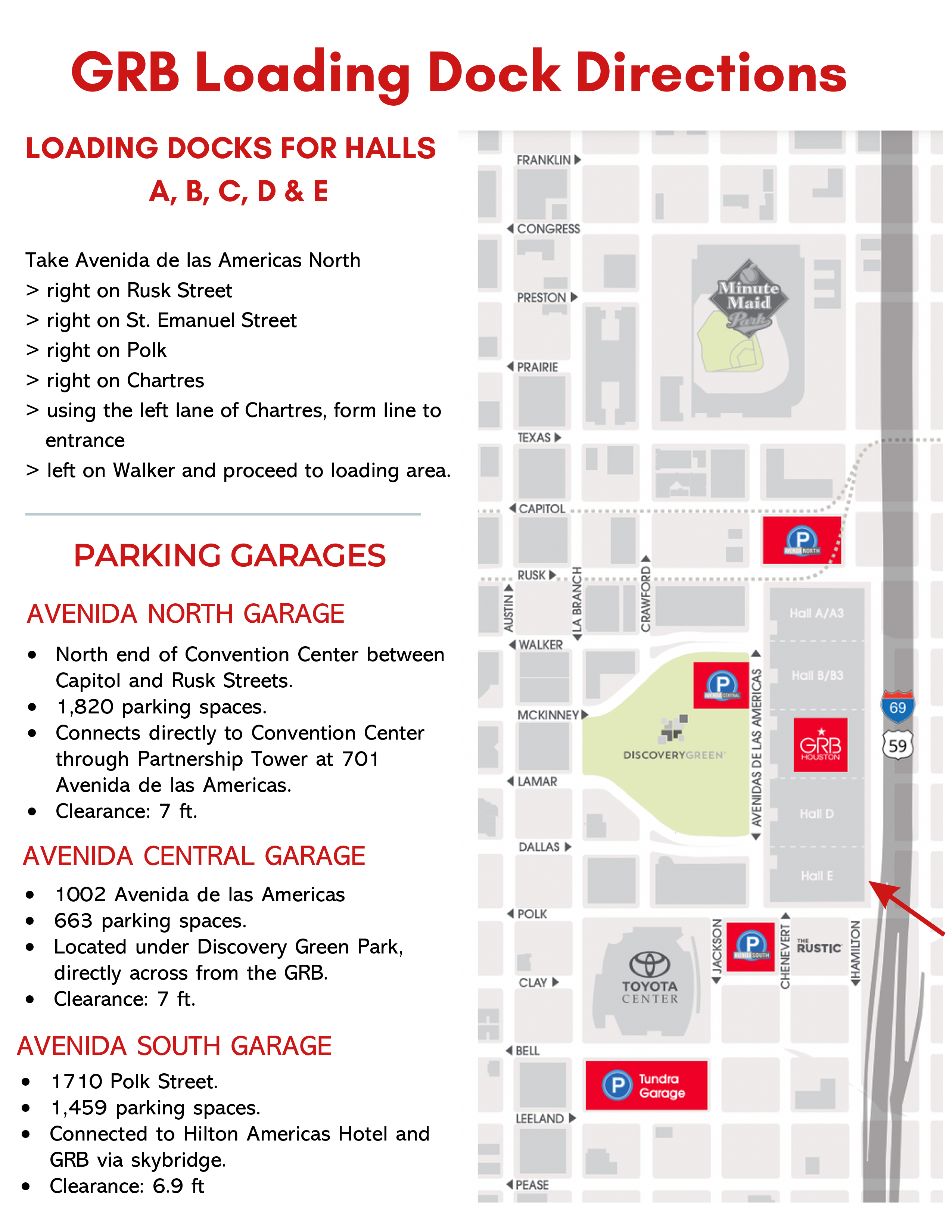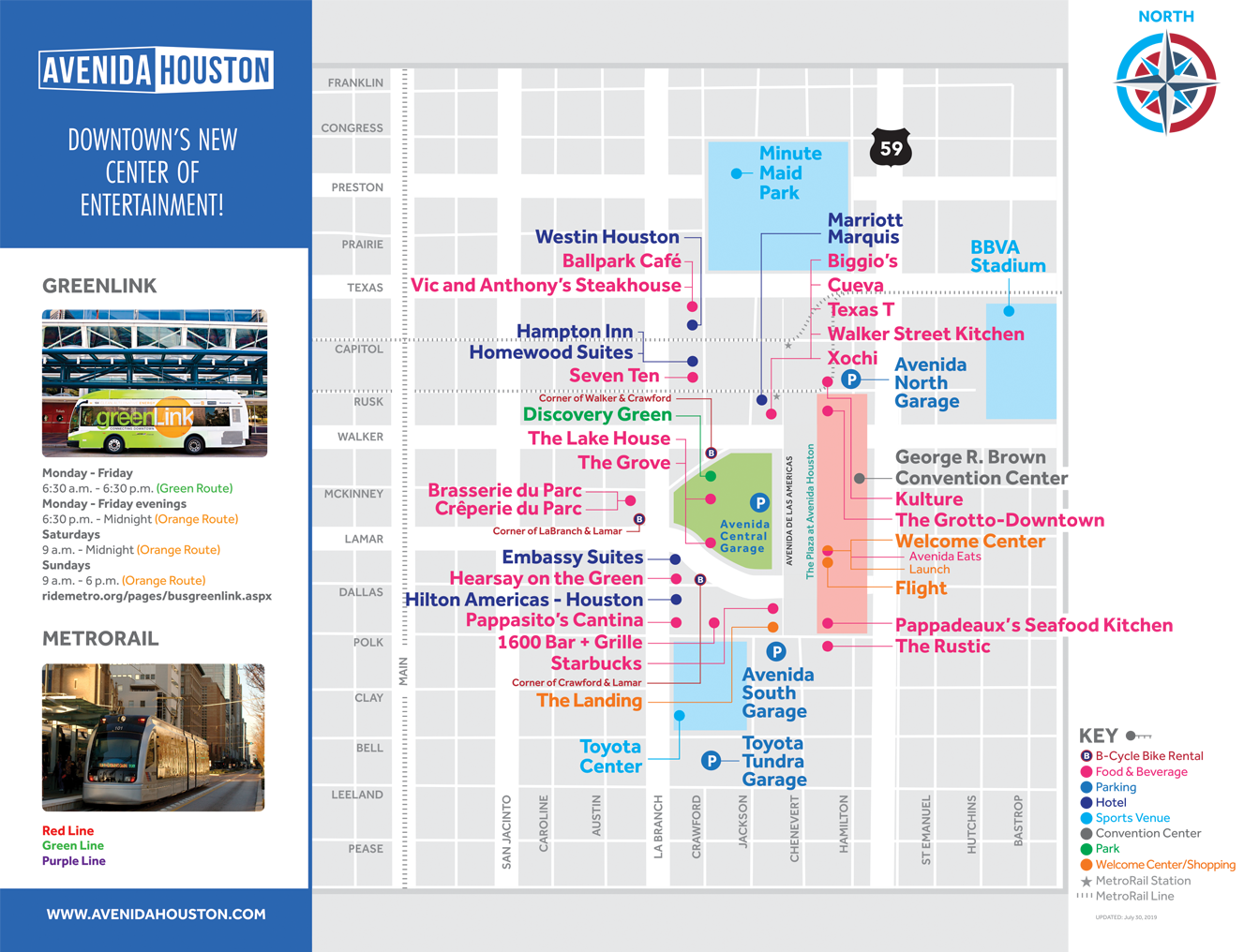
This course has been evaluated by the QPPI and its contents is aligned to their competency standard
set out in the Competency Standards Manual for Pipeline Integrity Management.
Now included with this course: Encyclopedia of Pipeline Defects, Third Edition!
Course attendees will receive free access to course pre-school material and the new online version of the Encyclopedia of Pipeline Defects, Third Edition through the Competence Club website.
(List price: $195.)
COURSE SCHEDULE (both days)
7.30: Registration, breakfast, coffee
8.00 – 5.00: Course
It will be necessary to bring a laptop to this course.
“Through this required program…an operator must evaluate all defects and… develop a schedule that prioritizes the defects for evaluation and repair.“
— from the Final DOT Rule: Pipeline Integrity Management in High Consequence Areas, August 2002
“This final rule adopts a … definition for Moderate Consequence Areas to identify additional … pipeline segments that would require integrity assessments, thus assuring the timely discovery and repair of pipeline defects in MCA segments.”
— from the Final DOT Rule: Safety of Gas Transmission Pipelines, October 2019
WHY YOU SHOULD ATTEND
Many transmission pipelines are now over 60 years old. This is “late-middle aged” in pipeline terms, and even the best designed and maintained pipeline will become defective as it progresses through its design life. Therefore, operators need to be aware of the effect these defects will have on their pipeline, and — more important — be able to assess their significance in terms of the continuing integrity of the system. High-technology maintenance tools (for example, in-line inspection devices) now help pipeline owners assess the condition of their lines, and if these modern maintenance methods are combined with modern defect-assessment methods, they can provide a very powerful and cost-effective tool.
WHAT YOU WILL LEARN
Led by Michael Rosenfeld, this 2-day course is designed for pipeline engineers and managers. It presents the latest methods to evaluate the significance of defects found in oil & gas pipelines: corrosion, dents and gouges, cracks (e.g. SCC), weld defects, and fatigue. These methods will range from simple, quick assessment methods to the more detailed fitness-for-purpose analysis.
WHO SHOULD ATTEND
Pipeline engineers, designers and service professionals who are involved with the maintenance, inspection, and repair of pipelines.
COURSE NOTES and Reference Text
All delegates will receive a detailed set of lecture notes in PDF format, totaling more than 500 pages, providing an invaluable reference document. In addition, course participants will receive access to the web-based eBook version of the comprehensive pictorial Encyclopedia of Pipeline Defects and pre-school learning materials through the Competence Club site.
CONTINUING EDUCATION UNITS
Upon completion of the course, participants will be eligible to receive 1.4 CEUs.
LECTURER
Michael J. Rosenfeld, PE – RSI Pipeline Solutions LLC, is an experienced consultant in pipeline fitness for service, pipeline integrity, pipeline design and construction, causes of pipeline failures, pipeline regulations and standards, and related matters. He has performed numerous pipeline failure investigations and root cause failure analyses; research funded by the pipeline industry on the effects of mechanical damage, fatigue, pipeline integrity threat interactions, and methods to determine the probable grade of undocumented pipe materials; engineering analyses of a broad range of design, operations, or integrity matters for numerous pipeline operators; and provided expert support in litigation. He chairs the Subgroup on Design, Materials, and Construction of the ASME B31.8 Gas Transmission and Distribution Piping Committee and serves on other ASME piping standards development committees. Mr. Rosenfeld has authored or co-authored over 100 published articles or public presentations, is an ASME Fellow, and is a Professional Engineer registered in the State of Ohio. He earned a Bachelor of Science in Engineering from the University of Michigan (1979) and a Master of Engineering from Carnegie-Mellon University (1981).
This course was originally developed by Dr. Phil Hopkins.
Dr. Phil Hopkins has over 35 years’ experience in pipeline engineering, and is an independent consultant based in Newcastle, UK. Prior to establishing his consultancy, Phil was Technical Director with the engineering company Penspen Ltd. and Managing Director of the pipeline engineering consultancy Andrew Palmer & Associates. He has worked with most of the major oil and gas companies and pipeline companies around the world, providing consultancy on management, business, design, maintenance, inspection, risk analysis and safety, and failure investigations. He is the past-chairman of the ASME Pipeline Systems Division, and has served on many other professional committees, including the British Standards Institution, European Pipeline Research Group, the Pipeline Research Council International, and the DNV Pipeline Committee. More than 10,000 engineers and technical personnel around the world have attended his courses. He has also contributed extensively to master’s programs at Newcastle and Northumbria universities in the UK.
COURSE PROGRAM
DAY 1
Introduction to Basic Pipeline Engineering Principles
- Basic pipeline design principles
- Stresses in pipelines
- Routing of pipelines
- Basic pipeline operating and maintenance parameters
- Maintenance and inspection methods
Introduction to Pipeline Defects – Why Pipelines Fail
- How safe are pipelines?
- How often do they fail?
- What causes pipelines to fail?
- Pipeline risks
- History of pipeline defect assessment
Introduction to Fracture Mechanics (handouts and notes only, no lecture)
- Basic theory
- Brittle & ductile fracture
- K, J, and CTOD
Understanding Fatigue (handouts and notes only, no lecture)
Fundamental Pipeline Defect Failure Relationships
- Why pipeline defects fail
- Fundamental failure relationships
- Explanation of key parameters
How to Assess Corrosion Defects
- Introduction to basic theory
- Background, strengths and weaknesses
- Methods to assess corrosion
- ASME B31.G and RSTRENG methods
- DNV, BG, etc., methods
- Interacting defects
- Universal curves for assessing corrosion defects.
Workshop: Corrosion Assessment using Fitness for Purpose
DAY 2
How to Assess Gouges
- Introduction to basic theory
- Methods to assess gouges
- Additional problems and concerns with gouges
How to Assess Dents
- Introduction to basic theory
- Methods to assess dents
- Methods to assess dents containing gouges
- Rock dents
- Problems with fatigue loadings
How to Assess Cracks
- Basic theory
- The problems with cracks in pipelines
- Stress corrosion cracking (low and high pH)
How to Assess Weld Defects
- Welds in pipelines
- Assessing defects in pipeline girth welds
- Assessing non planar defects in welds
- The EPRG girth weld defect guidelines
- Fatigue design of girth welds
Setting Intelligent Pig Inspection Levels
- Pigs – where they came from and what they can do.
- Basic theory
- Magnetic, ultrasonic pigs – their accuracy and limitations.
- What pigs can detect
- What operators want to detect
- Setting intelligent pig inspection levels
Fracture Propagation and Arrest (handouts and notes only, no lecture)
- Why fractures propagate
- Brittle and ductile propagation
- Fracture arrest
- Calculating toughness requirements
Pipeline Repair and Rehabilitation
- Repair and rehabilitation strategy
- Response to discovering defects
- What are the cost implications?
- Types of repair and rehabilitation methods
- Grinding
- Weld deposition
- Shells (including epoxy-filled)
- Composite wraps
- Cut outs
- Mechanical clamps/connectors
- Time to repair
Risk and Integrity Management and Analysis
- What is risk and risk analysis?
- Risk management around the world
- Risk management in the USA
- Risk management methods – API 1160 and ASME B31.8
- Baseline and direct assessment – discussion item
- Integrity Management Programs
- Prioritisation schemes
Workshop: Setting Priorities



